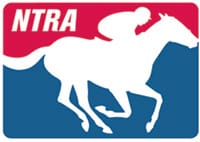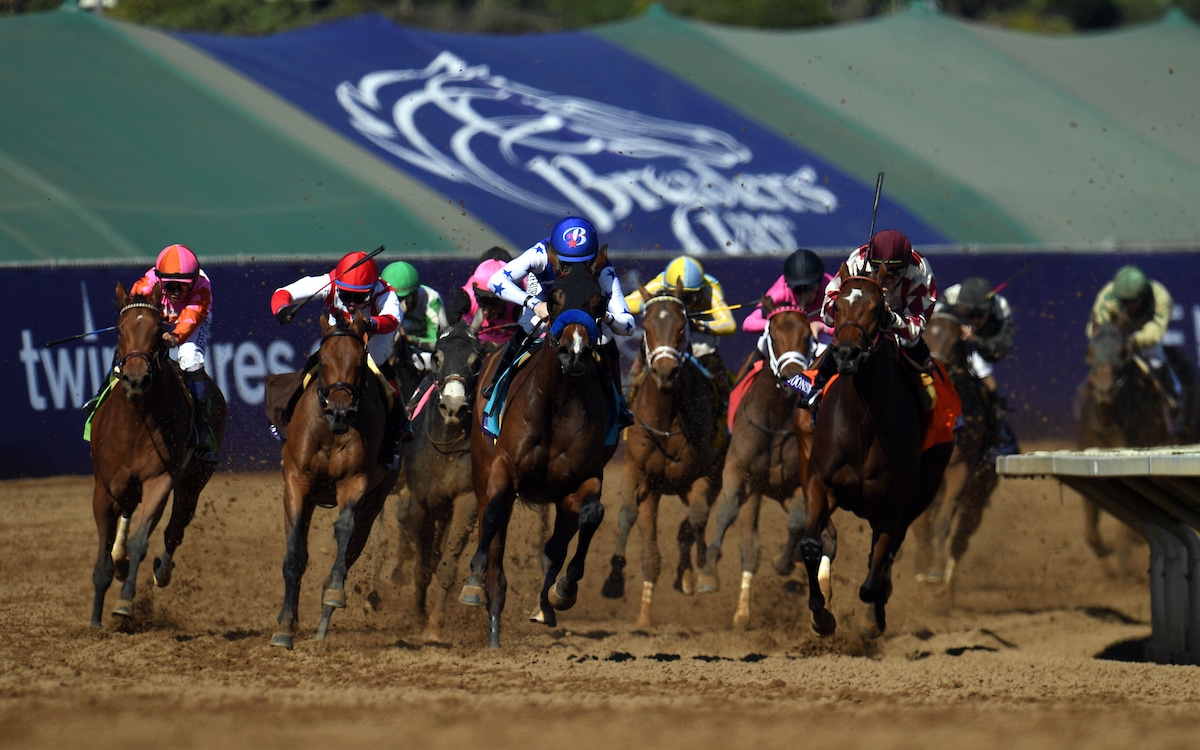
Knowing how to handicap maiden races can make a big difference when handicapping and winning at the racetrack. (Photo credit: Bigstock.com)
One common theme I hear from horseplayers is their disdain for playing maiden races. For me, the more maiden races on the card, the better. Handicapping maiden races is challenging and can be very rewarding.
There is so much information readily available for most races: speed figures, pace figures, video replays, trainer statistics, etc. It can make it tough to find an edge, which tends to lead to many of us coming up with the same horses. That can only mean one thing: chalk.
With maiden races, enough “unknown factors” can give an astute handicapper that does his homework an edge.
Part One: Pedigree
My teachers seldom described me as “astute”, but I always did my homework. Well, to be honest I did my homework in the subjects I liked. Okay, if you asked my mother I rarely did my homework, but if handicapping was a subject in tenth grade I would have done my homework.
Back in the early days, handicapping maiden races meant a walk down to the paddock for a quick inspection. However, now the vast majority of us are sitting at home wagering, and we are lucky to see a tape delayed post parade two minutes before post.
That does not stop me from handicapping my favorite type of races. Or getting some exercise. I still have to walk to the refrigerator to refresh my beverage.
It’s All in the Family
It starts with pedigree. When we are faced with a maiden special weight race where most of the entrants are first time starters, there is not much information in the past performances. Or is there?
I would guess 80% or more of our fellow horseplayers do not delve too deep into pedigree. It’s not right there in front of them for the most part. That gives us our first edge.
When I handicap a maiden race, I use several tools. Of course, I use my favorite past performances, located in The Daily Racing Form. I also use the Sibling Summary Report, which gives me detailed information about the mare of each entrant in a race. In addition I keep BRIS past performances handy as they include some pedigree information, or I pop in my Maiden Stats CD. Another resource you could use to look up pedigrees free is by going to http://www.pedigreequery.com.
With a first time starter, the first thing I look at is the sire’s results with debut runners. Anything above a 14% win clip is above average. Past performances will also give you a sales price if the horse went through auction. Compare that to the stud fee. If I see a sales price that is five times the stud fee, it peaks my interest. BRIS past performances give you the average sales price for the sire, also useful information.
Then I look at the mare. What has she done in her career and at what distances? The Daily Racing Form Sibling Summary will give you her race record on each surface along with her best Beyers and her career earnings.
It will also list her other foals, and what they have done on the track. There is nothing I like to see more than a mare that has dropped six or seven foals, all winners, with a couple of stakes winners on her resume. It shows she is a good producer and her latest foal could be a runner too.
If the race is for two year olds, look at the mare’s foals, see how many ran, and whether they won as two year olds. If it is a turf race, it’s easy to look up how the offspring of the mare performed on the grass.
Finding Wagering Value at the Windows
One of my favorite angles is finding a maiden that has made three of four starts on dirt and showed some ability, perhaps with a couple of fourth or fifth place finishes, and is trying grass for the first time. If the mare was a turf winner and has produced a couple of turf winners, there is a good chance the maiden will move forward with the surface switch. Often this can lead to a generous price.
Another angle is finding a “win early” type pedigree on a first or second time starter sent out by a lesser-known barn. We know a well-bred two year old sent out by Wesley Ward or Steve Asmussen will get all of the attention at the windows. However, they can’t win them all.
Find an offspring of Carson City (19% winners with debut runners) or Storm Cat (20%) that is sent out by a low profile outfit. The price will be more generous, particularly if Ward and Asmussen also have runners in the race. The win percentage overall on these types may be on the light side, but when we do catch one, a generous price will be there waiting.
For me, finding a hidden gem somewhere in the pedigree that might lead to a nice payoff is what makes this game fun, challenging, and most importantly profitable.
Next week we’ll take what we know about pedigree with maidens and add trainers and workouts into the equation.







